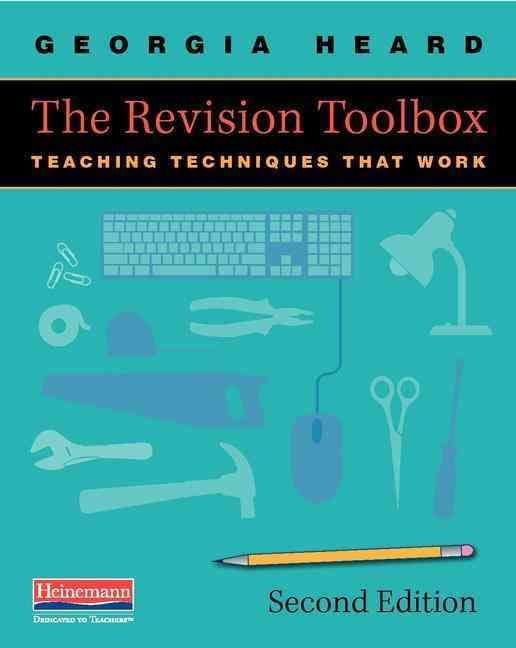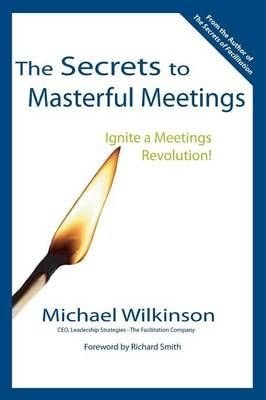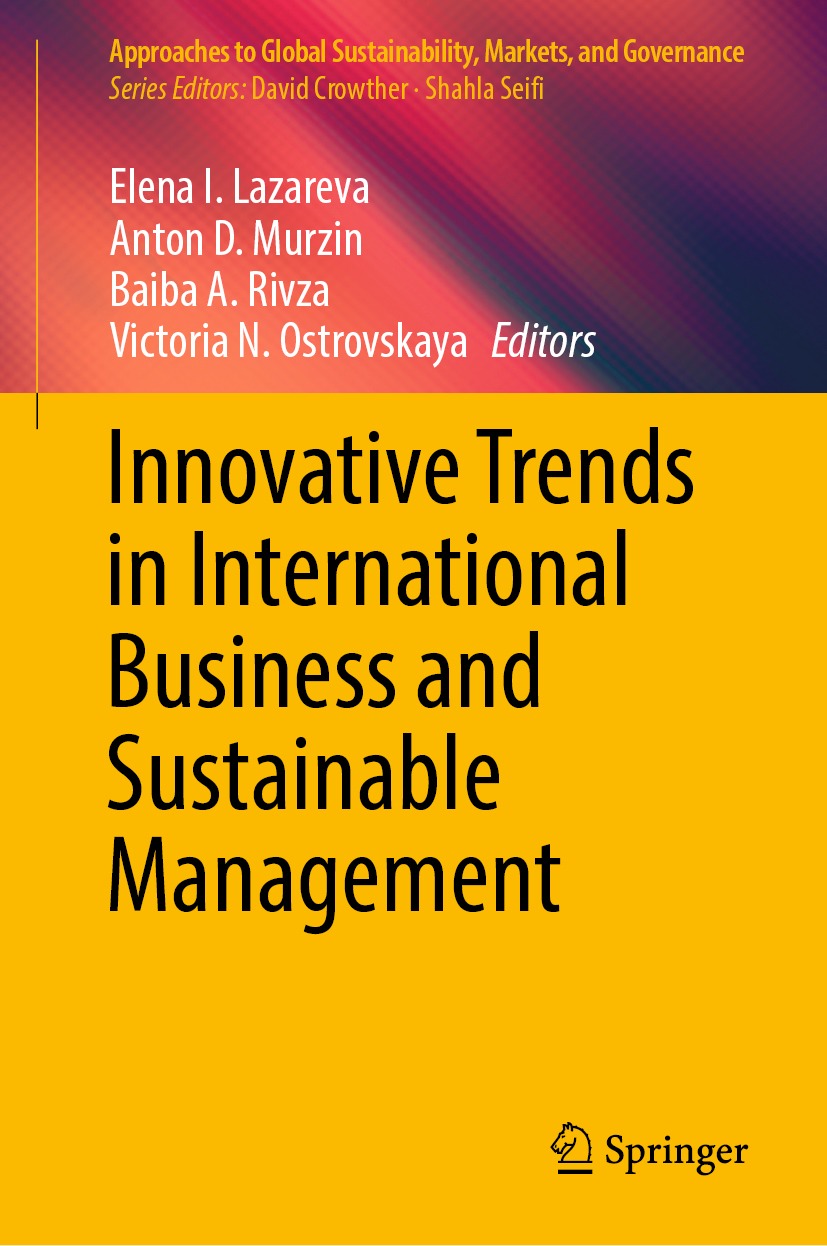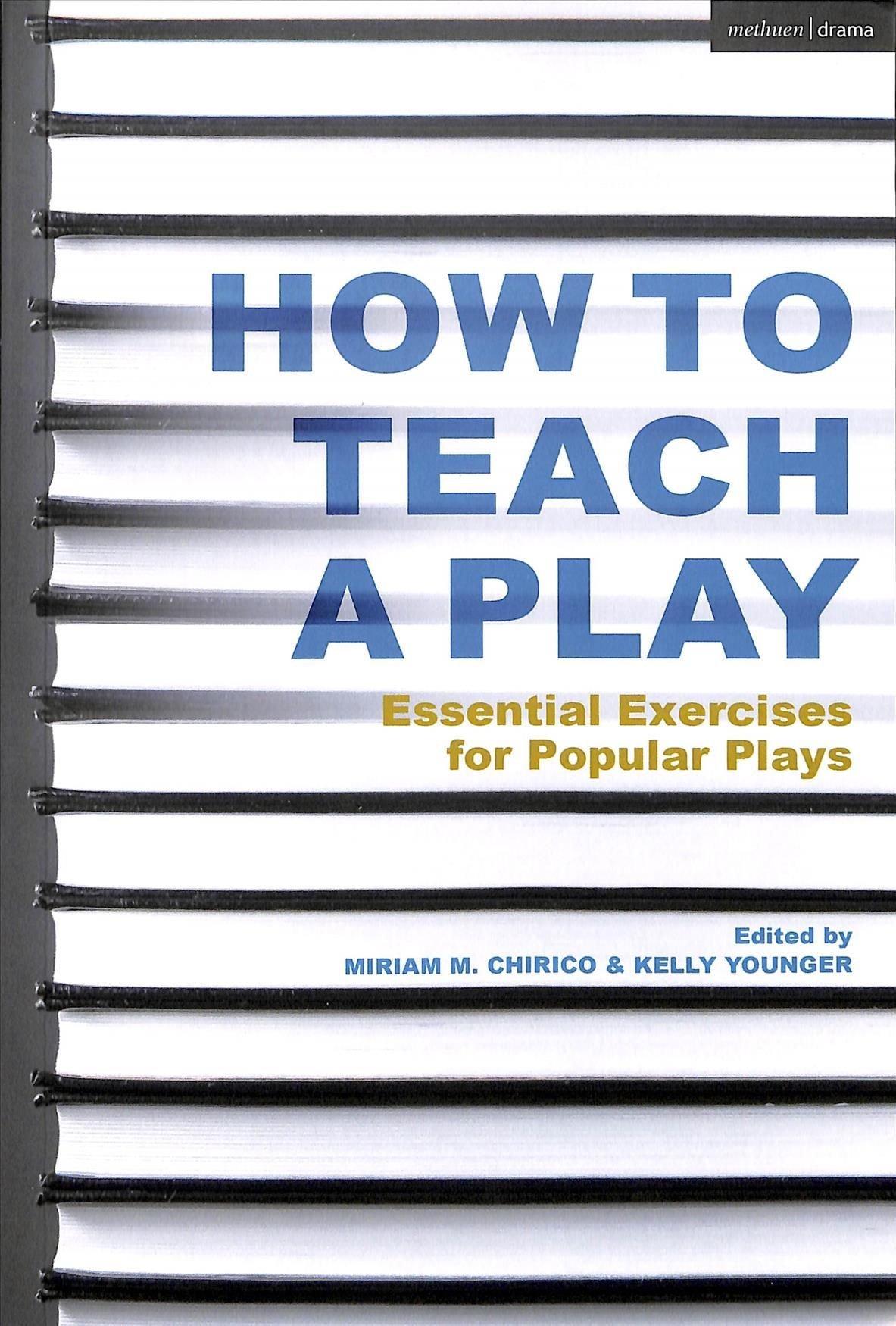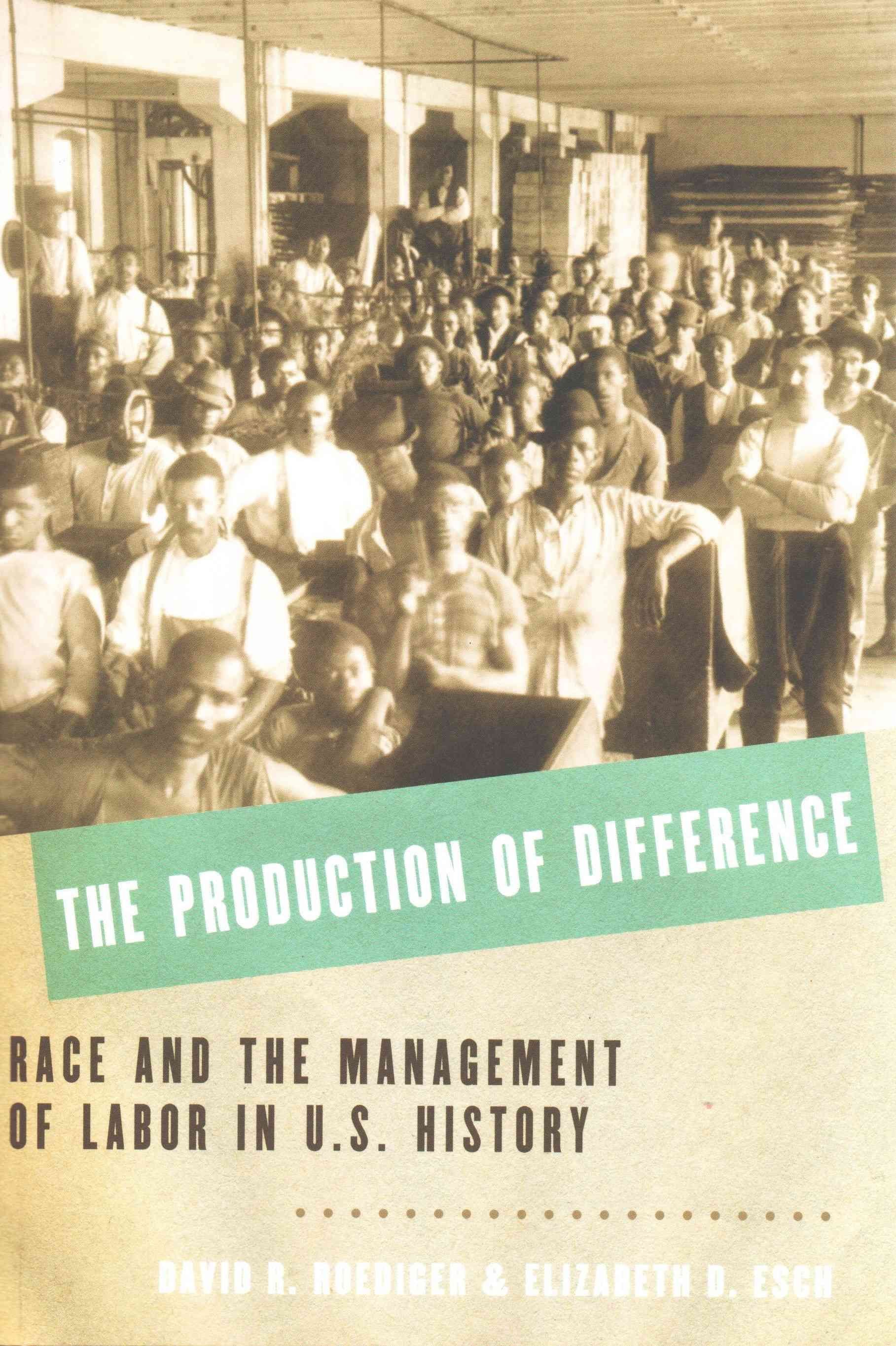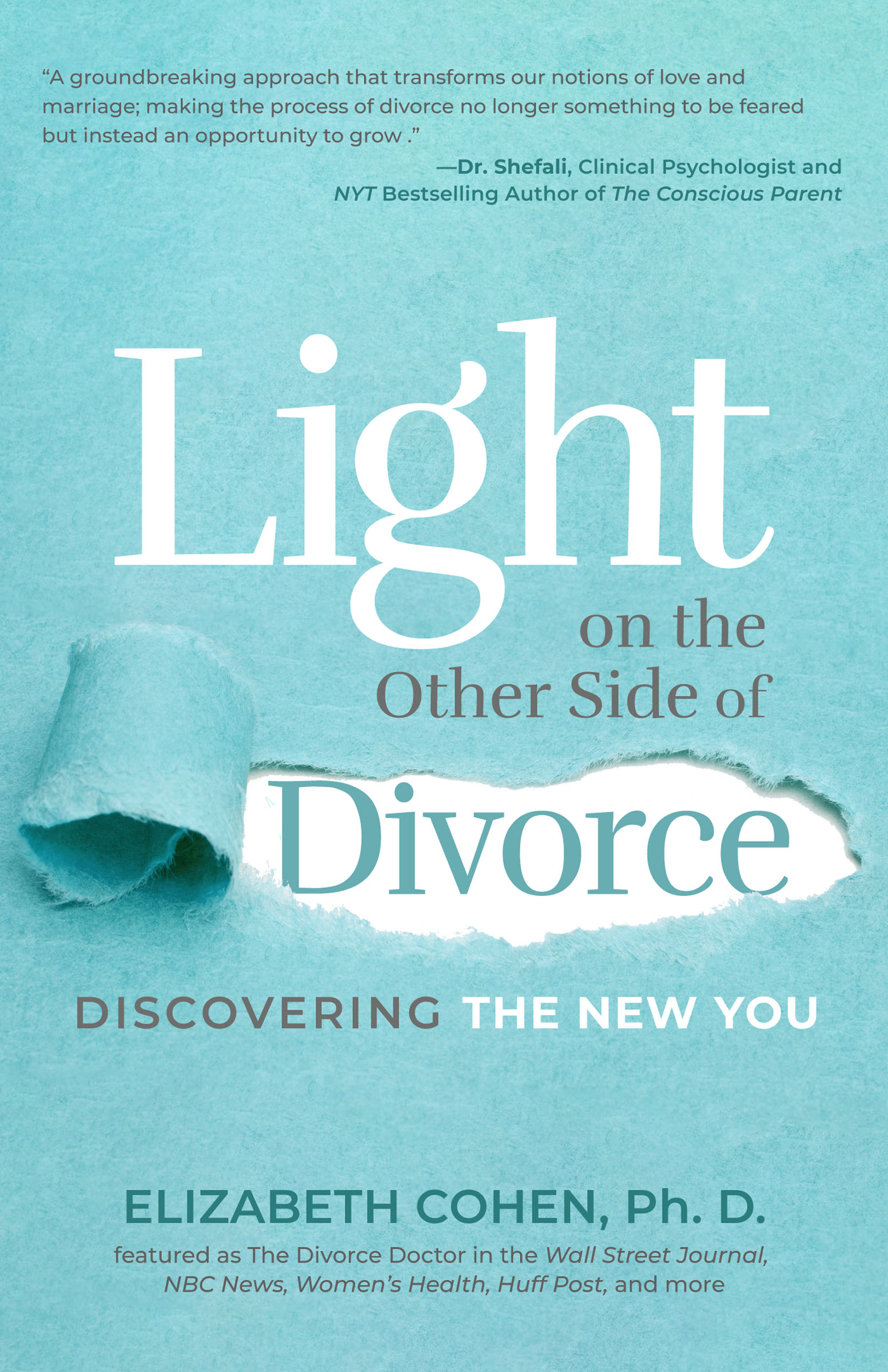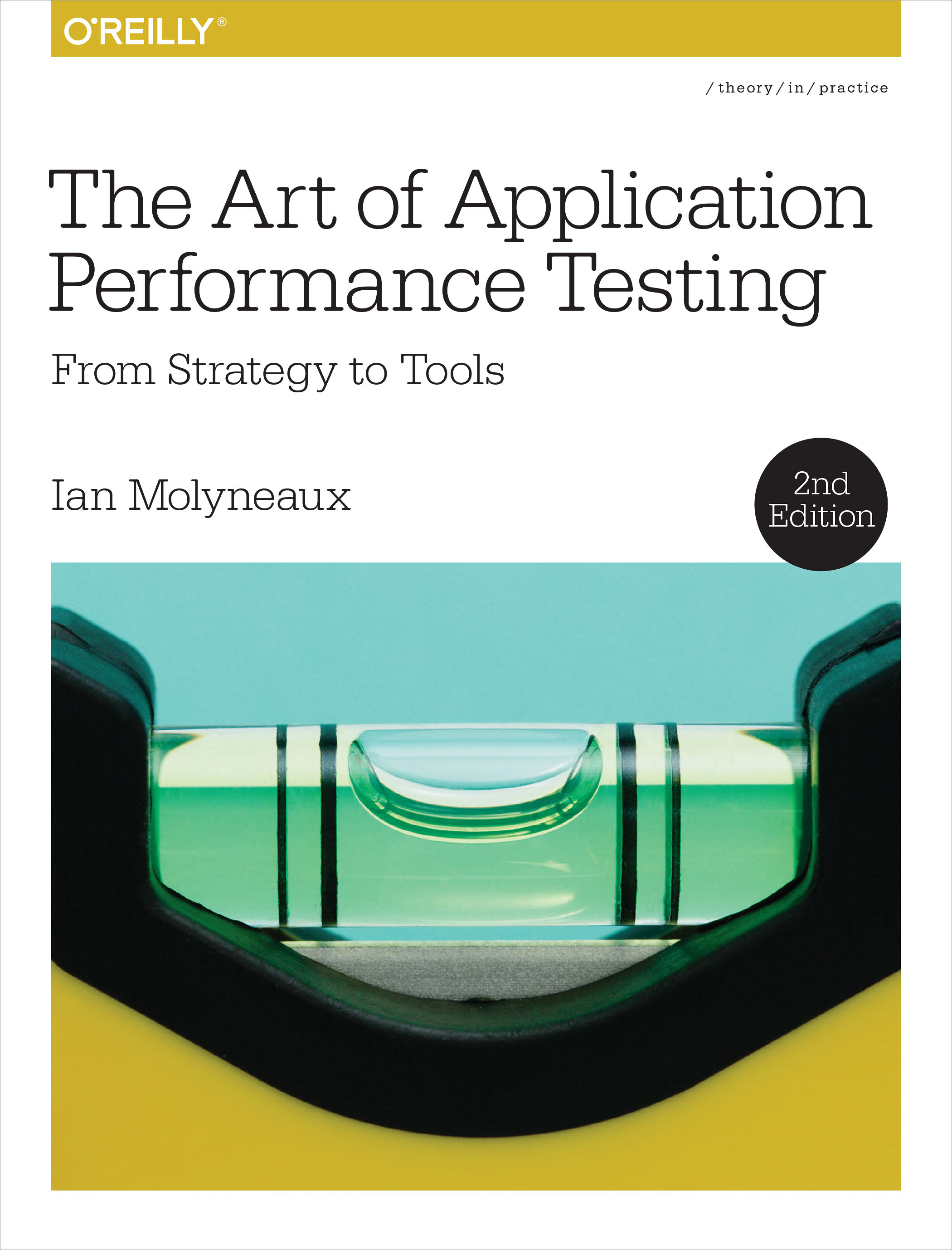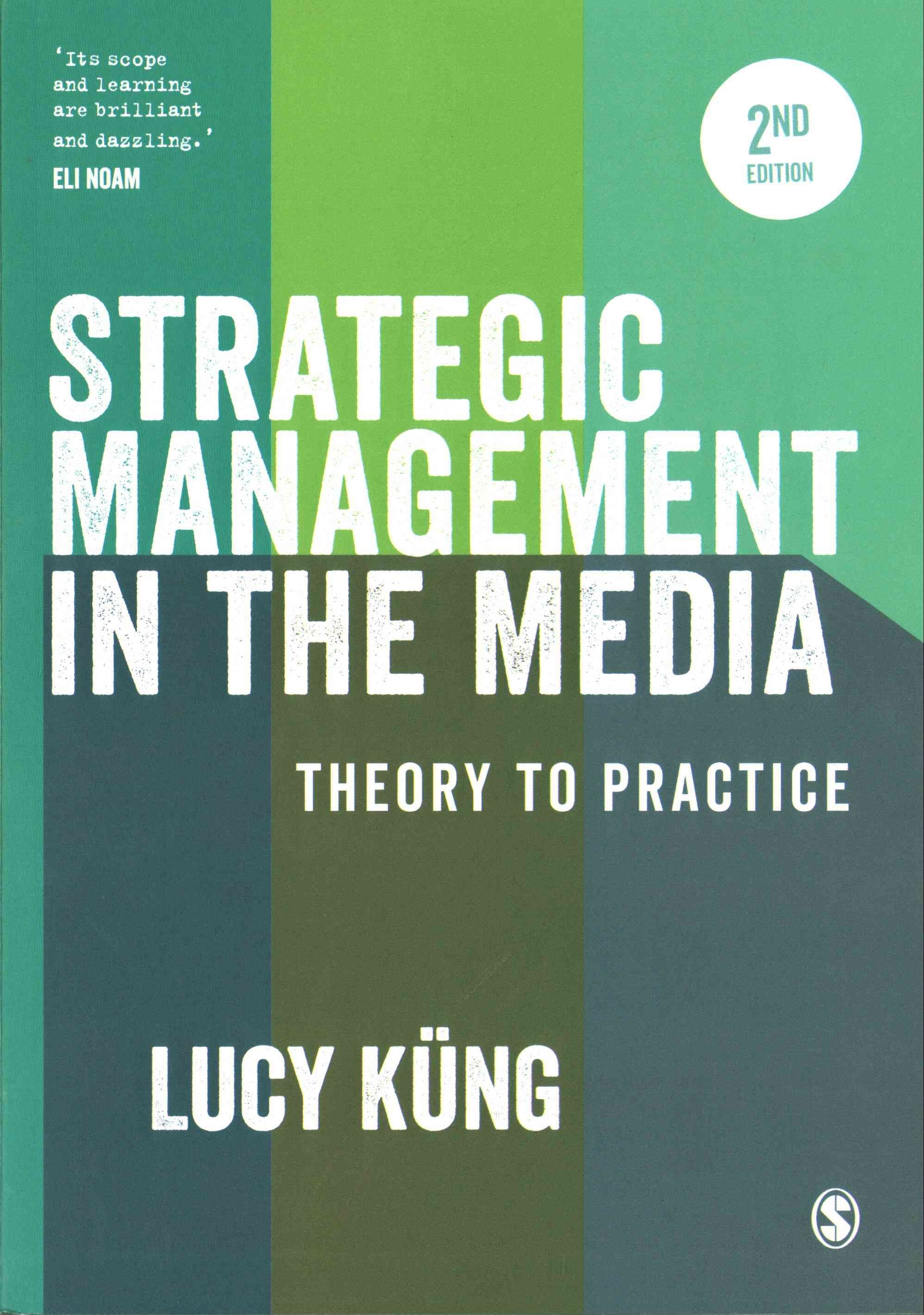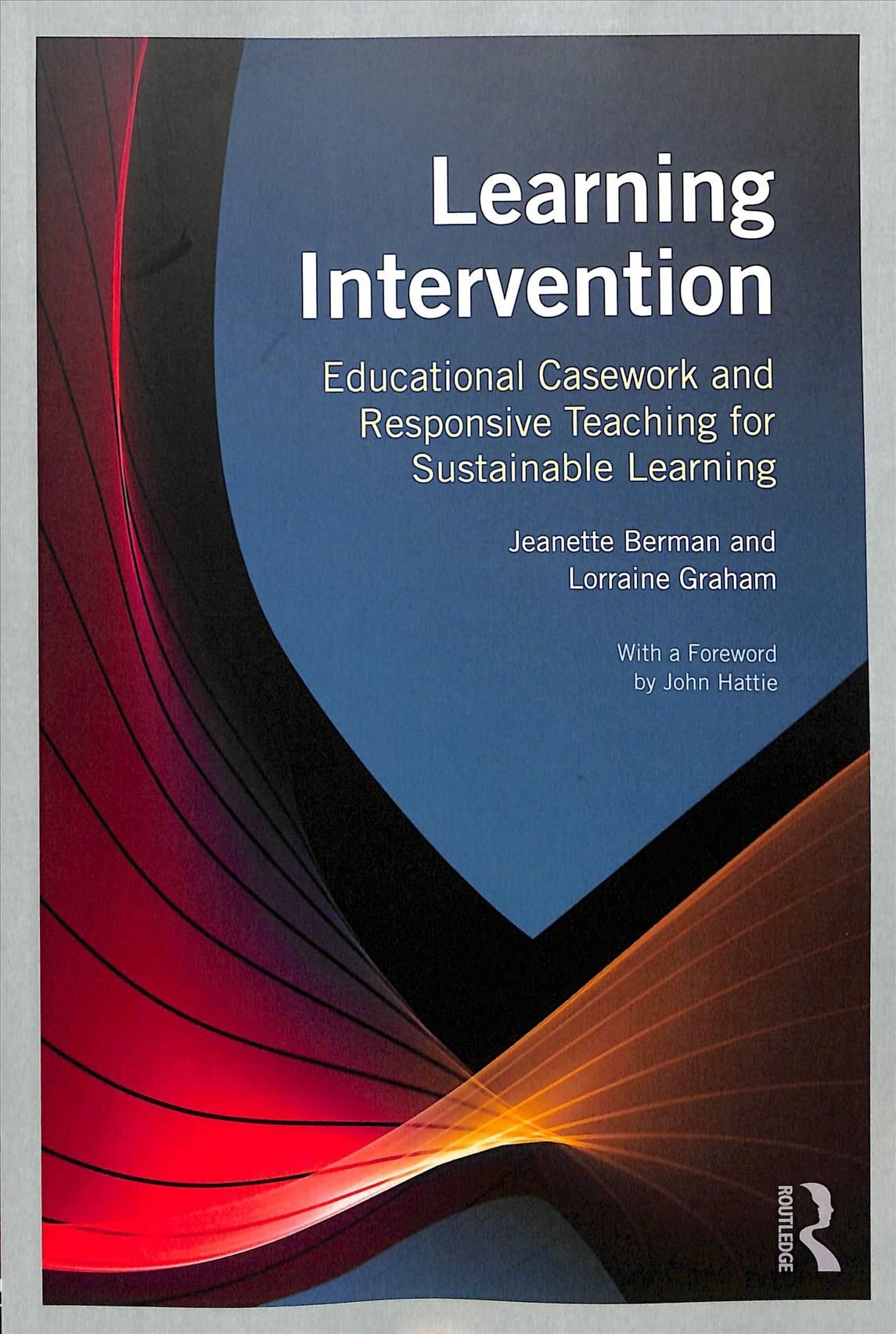Students need to be reminded that revision isn’t merely making a few cosmetic changes. Revision is seeing and then reseeing our words and practicing strategies that make a difference in our writing. -Georgia Heard “You mean I have to change my writing?” Georgia Heard frequently hears this question from students as well. “We must welcome young writers into the world of revision,” she writes, “through invitations and tools that make it concrete and tangible.” With Georgia’s Revision Toolbox, Second Edition, you’ll lead students to see that revision is a natural part of narrative and nonfiction writing. “Students need to be able to bring the tools of revision to writing the way a carpenter comes equipped for a job with a toolbox,” she writes. So Georgia shares three revision toolboxes-structure, words, and voice-each with dozens of teaching ideas and strategies. They’ll help writers: re-envision revision as an engaging process, not as a punishment craft a piece along the way instead of editing only at the end learn and apply revision strategies for work in any genre reread their writing with specific revision goals in mind. This second edition brings Georgia’s lessons and strategies-new and familiar-into the Common Core era with a focus on narrative, informational, and opinion/argument genres. She also includes tools for targeted instruction such as strategic conferences, reproducible planning templates for narrative and essays, and reproducible revision checklists. “Writing and revision are really one process,” writes Georgia, and her Revision Toolbox, Second Edition, brings them together simply, practically, and elegantly. So the next time you hear a student say, “I like it just the way it is!” they’ll be referring to a final draft. Preview a sample chapter to see a helpful infographic and examples of Georgia’s lessons and strategies.
